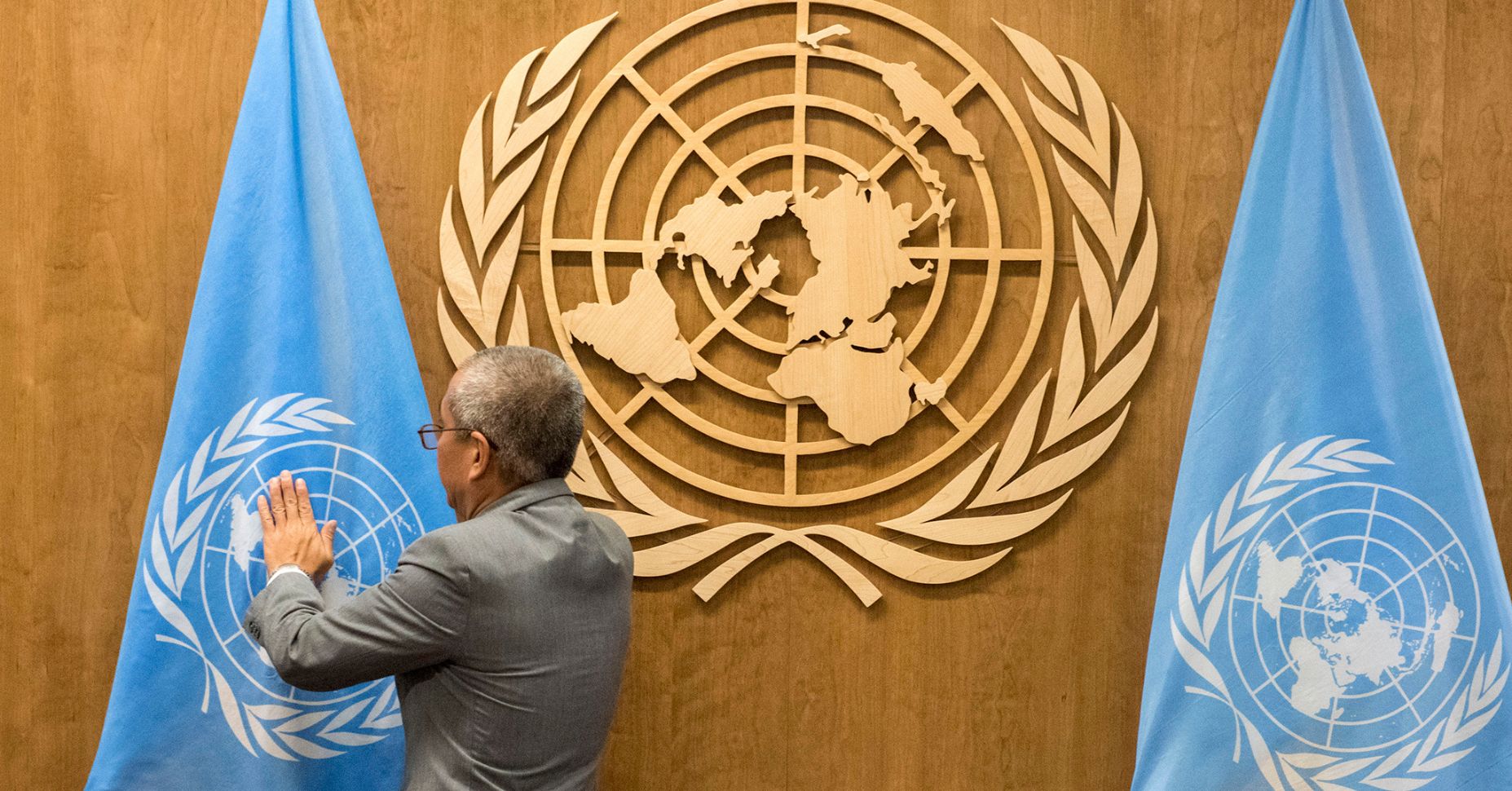Corporate Social Responsibility (CSR) has evolved from a discretionary business practice into a fundamental component of global sustainable progress. Leading this transformation is the United Nations, whose diverse bodies, structures, and programs direct, stimulate, and occasionally accelerate corporate involvement in social, environmental, and ethical duties. This piece examines the crucial role the UN performs in defining, advancing, and integrating CSR worldwide, supported by comprehensive illustrations, statistics, and meticulously selected case studies.
Defining Corporate Social Responsibility in the UN Context
CSR in the context of the UN extends beyond philanthropy or compliance. It embodies the commitment of businesses to integrate human rights, environmental stewardship, fair labor practices, anti-corruption efforts, and meaningful engagement with stakeholders across supply chains and operations. The UN has been instrumental in standardizing the language, priorities, and expectations around CSR, fostering a globally recognized lexicon that shapes regulatory environments and investor expectations.
Pivotal UN Frameworks Influencing Corporate Social Responsibility
Established in 2000, the UN Global Compact stands as the world’s largest voluntary corporate sustainability endeavor, bringing together more than 15,000 businesses and 3,000 non-commercial entities from over 160 nations. It encourages member organizations to integrate their practices and strategic approaches with ten globally recognized principles covering human rights, labor standards, environmental protection, and anti-corruption measures.
Concretely, the ten principles derive from foundational UN documents such as the Universal Declaration of Human Rights, the International Labour Organization’s Declaration on Fundamental Principles and Rights at Work, the Rio Declaration on Environment and Development, and the United Nations Convention Against Corruption. Companies who adopt these principles gain access to a global network of peers, UN experts, and a suite of resources for implementation and improvement.
Participation is distinguished by transparency: signatories are required to submit annual Communication on Progress reports, publicly disclosing their advances and challenges. The threat of delisting for non-compliance adds weight, ensuring CSR is not mere rhetoric.
The Sustainable Development Goals (SDGs)
Unveiled in 2015, the 17 Sustainable Development Goals (SDGs) serve as a universal blueprint for prosperity, equity, and environmental preservation by 2030. The UN actively encourages corporations to integrate the SDGs into core business strategies, recognizing that achieving these ambitious targets is unattainable without private sector engagement.
Many international corporations, such as Unilever, Nestlé, and Microsoft, have revamped their corporate social responsibility (CSR) frameworks to directly contribute to objectives like fostering fair employment, mitigating disparities, guaranteeing sustainable consumption, and addressing global warming. For example, Unilever’s Sustainable Living Plan, which aligns with SDG 12 (Responsible Consumption and Production), is recognized for preventing more than 1 million tons of CO2 emissions and enhancing the well-being of 1.8 million individuals globally.
The UN’s Foundational Principles for Business and Human Rights
Published in 2011, the UN Guiding Principles on Business and Human Rights (UNGPs) established a worldwide benchmark for averting and tackling the danger of negative human rights consequences associated with commercial operations. The «Protect, Respect and Remedy» framework elucidates the obligation of nations to safeguard human rights, the corporate duty to uphold human rights, and the necessity for efficient redress mechanisms.
These directives have subsequently influenced national laws, industry-specific regulations, and company frameworks. Nations like France and the United Kingdom have established compulsory reporting obligations concerning human rights, while many global corporations, ranging from Adidas to Coca-Cola, have implemented due diligence and complaint resolution systems that align with UNGP stipulations.
Programmatic Assistance and Skill Development
Beyond its established frameworks, the UN provides substantial programmatic assistance. Organizations like the United Nations Development Programme (UNDP), the United Nations Industrial Development Organization (UNIDO), and the International Labour Organization (ILO) offer specialized advice, educational programs, and the dissemination of information.
For instance, the United Nations Development Programme’s Business Call to Action initiative motivates companies to develop inclusive business strategies. In Peru, the UNDP’s collaborative efforts assisted the coffee enterprise Café Compadre in incorporating small-scale farmers directly into its supply network. This initiative enhanced the earnings of more than 250 households, strengthened the local economy’s resilience, and guaranteed a traceable, environmentally sound sourcing process.
Similarly, UNIDO champions industrial corporate social responsibility through initiatives such as the Resource Efficient and Cleaner Production Programme, which assists businesses across Africa and Asia in implementing manufacturing processes that are both environmentally friendlier and more economically viable.
Advocacy, Consciousness, and Norm Dissemination
The United Nations utilizes its unparalleled ability to bring people together to heighten awareness of corporate social responsibility among top-tier decision-makers. Each year, gatherings like the UN Global Compact Leaders Summit and the UN Forum on Business and Human Rights attract thousands of business executives, investors, government representatives, and non-governmental organizations to evaluate advancements and plan collaborative initiatives.
UN Special Rapporteurs and various working groups consistently release studies, proposals, and focused reports, thereby influencing public discourse and impacting the strategic agendas of corporate boards. This subtle yet potent influence facilitates the spread of sophisticated corporate social responsibility standards, encouraging their implementation even in regions without mandatory legal frameworks.
Partnerships, Multistakeholder Initiatives, and Investment Mobilization
Another distinctive UN contribution is fostering partnerships between the private sector, governments, and civil society. Joint initiatives, such as the Caring for Climate platform or the Principles for Responsible Investment (PRI), mobilize resources and expertise to tackle complex challenges like climate risk or ethical investment.
For example, the UN-backed PRI initiative sees over 4,900 worldwide investors, overseeing assets exceeding $121 trillion, pledge to integrate ESG (environmental, social, governance) factors into their investment strategies. These types of programs direct substantial capital towards ethical business frameworks, impacting markets well beyond those who voluntarily participate.
Mechanisms for Accountability, Reporting, and Transparency
By fostering rigorous measurement and disclosure benchmarks, the UN guarantees that corporate social responsibility assertions undergo examination and validation. The Global Reporting Initiative (GRI), conceived with substantial UN backing, is presently employed by countless corporations globally, providing a uniform methodology for revealing sustainability achievements.
The UN’s influence is exerted via the Human Rights Council’s Universal Periodic Review and the Working Group on the matter of Human Rights and Transnational Corporations, which hold both nations and businesses accountable while elevating worldwide standards for ethical behavior.
Challenges and Opportunities
Despite clear progress, challenges persist. The voluntary nature of many initiatives can lead to inconsistent implementation. Some companies participate for reputational benefit without making substantive changes—a practice often referred to as “blue-washing.” Nevertheless, as global stakeholders—including investors, consumers, and regulators—raise expectations, the frameworks, tools, and platforms provided by the UN increasingly serve as a baseline for accountability and progress.
Moreover, the UN actively seeks to broaden and deepen corporate involvement in underrepresented sectors and regions, bridging gaps and mainstreaming standards that resonate across cultures, economies, and industries.
The United Nations plays an undeniable role in shaping and upholding the global corporate social responsibility landscape. Through its robust frameworks, stringent standards, and collaborative advocacy, the UN cultivates an international environment where businesses are not merely encouraged but expected to integrate social, environmental, and ethical considerations into their operations. By elevating individual acts of corporate philanthropy into systematic and quantifiable commitments, the UN highlights the intrinsic link between contemporary commerce and societal welfare—illustrating that achieving collective prosperity and sustainable progress requires a joint effort from businesses, governments, and communities.





